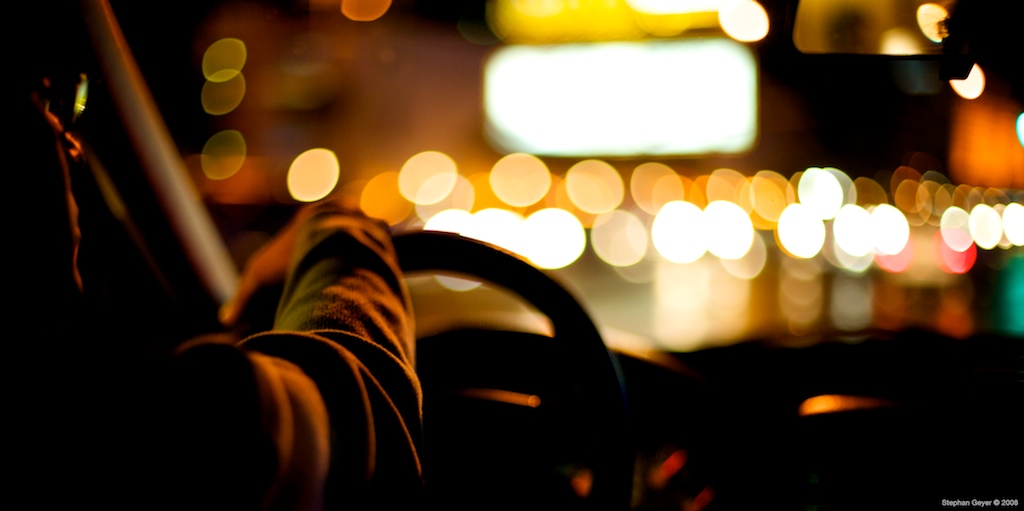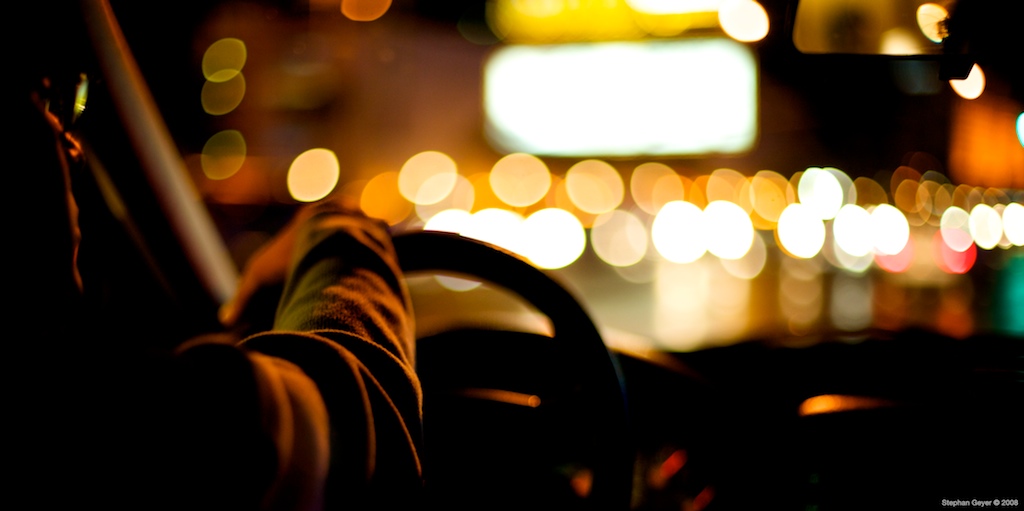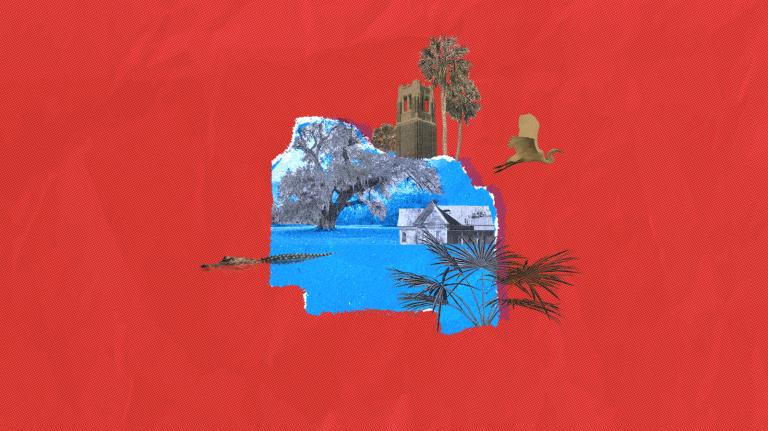 Photo: Stephan Geyer via FlickrNPR reporter Brian Mann went talking to gas-station customers in upstate New York to find out what they’re thinking about the Gulf of Mexico oil leak and their own responsibility as gas-buyers. He gets some interesting responses, but I’d like to engage in some bloggerly quibbling with his conclusion.
Photo: Stephan Geyer via FlickrNPR reporter Brian Mann went talking to gas-station customers in upstate New York to find out what they’re thinking about the Gulf of Mexico oil leak and their own responsibility as gas-buyers. He gets some interesting responses, but I’d like to engage in some bloggerly quibbling with his conclusion.
Mann finds that people are paying a lot of attention to the disaster, but, in his words, “they also don’t see a real connection between the spill in the Gulf and the decisions they’re making about the cars and trucks they drive, and the number of times they fill up the tank in the week.”
Here’s what gas-buyers told him:
“It’s to the point where I don’t want to watch it anymore,” says one. “It’s discouraging. I don’t feel that there’s anything that I can do about it.”
“You know, we have to survive up here,” says another, when asked if he feels any personal culpability for the spill. “The truck is my livelihood. Without it, I wouldn’t have my business. So if those gas prices go up, we have to pay it.”
Another says driving is unavoidable in the rural area. “It’s an everyday thing that you need in life,” she says. “We need gas, so it kind of puts us in a situation.”
None of the three suggest they don’t see the connection, as Mann puts it, between buying gas and dangerous offshore drilling. Rather, they’re saying they lack good alternatives to driving. That’s the real problem: Our cities and towns (and lives) are built around the assumption that we’ll be driving our own cars and trucks to get where we need to go.
The blog Left for LeDroit found that D.C.-area communities built before the advent of car culture — and auto-centric design — have a higher percentage of households without cars. It’s possible to navigate them without cars. Conversely, people aren’t going to walk or bike when amenities are too far away. They’re not going to ride mass transit where it doesn’t exist. They’re not going to buy electric cars when they’re not affordable, and when we don’t have a network of charging stations. The way to help people drive less is to give them alternatives.
Mann talked to people in a rural community, where good alternatives are harder to implement. I haven’t heard a compelling plan from Smart Growth or Complete Streets types about how to get rural America off oil. It’s a tougher nut to crack. But that just reinforces the bigger point: We need to work to make all communities more sustainable through smarter transportation infrastructure and better designed neighborhoods, and different kinds of solutions will work for different places.



